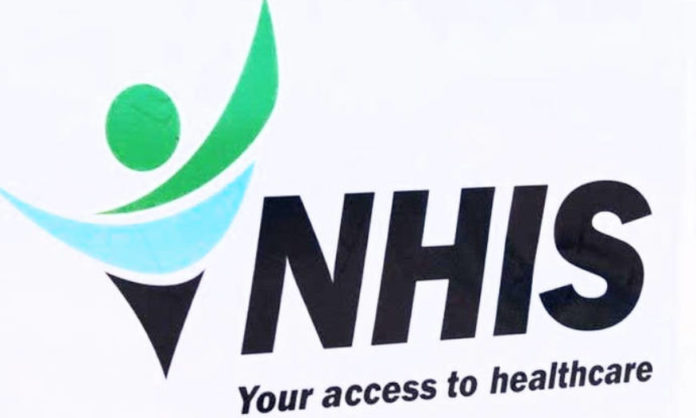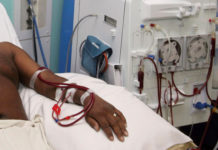
The National Health Insurance Scheme (NHIS) has been in operation for well over 15 years since its establishment in 2006 under the Insurance Act, 2006 (Act 724).
While the scheme has helped to stop the obnoxious cash-and-carry system, many are members of the scheme have also faced injustices in trying to access it.
A recent Corruption Watch documentary, Pay or Die, for instance, has exposed many shortfalls with the scheme.
In this publication, adomonline.com publishes every benefit that a member of the scheme is entitled to, per the NHIS’ Membership Handbook.
If you have ever paid for any of these services even though you are a member, consider your rights as a member of the scheme to have been violated.
Find the benefits below:
The NHIS covers over 95% of all ailments that are presented in Ghanaian health care facilities. As a member, you stand to benefit from this coverage.
The services include:
- Out-patient services (OPD) General and Specialist
Consultations including reviews: Conditions treated at outpatient setting include the following:
- Malaria, acute respiratory tract infection, diarrhoea diseases, skin disease and ulcers, hypertension, acute eye infection, rheumatism, anaemia, intestinal worms disorders, acute ear infection, typhoid fever, dental caries, diabetes mellitus, Sexually Transmitted Infections (STIs), asthma and others.
- Investigations, including laboratory test, x-rays and ultrasound scans.
- Symptomatic treatment for opportunistic infections due to HIV/ AIDS.
- Out-patient/day surgical operations, including hernia repairs, incision and drainage of abscesses, and excision of lumps and haemorrhoidectomy.
- Out-patient physiotherapy.
- Medication, namely, prescription medicines on the National Health Insurance Scheme Medicines List, traditional medicines approved by the Food and Drugs Authority and certified by the Minister of Health to be on NHIS Medicine List.
- Any other services approved by the Minister of Health.
- In Patient services (IPD)
- General and Specialist in-patient care.
- Investigations including laboratory test, x-rays and ultrasound scans for in-patient care.
- Cervical and breast cancer diagnosis and treatment.
- Diagnosis and complications from other cancers, e.g. anaemia or obstruction.
- Surgical operations, including appendicectomy (removal of the appendix).
- In-patient physiotherapy.
- Accommodation in General Ward.
- Feeding (where available).
- Medication, namely, prescription medicines on the National Insurance Scheme Medicines List, traditional medicines approved by the Food and Drugs Authority and prescribed by accredited medical and traditional medicines practitioners.
- Processing and provision for blood (grouping and matching).
- Oral Health services including:
- Pain relief, which includes incision and excision.
- Drainage, tooth extraction and temporary relief.
- Dental restoration, which includes simple amalgam.
- Fillings and temporary dressing.
- Eye Care services including:
- Refraction
- Visual fields test
- Scan
- Keratometry (measuring the curvature of the anterior surface of cornea).
- Cataract removal
- Glaucoma
- Eye lid surgery
- Maternity Care including:
- Ante-natal care
- Deliveries, namely, normal and assisted, including forceps delivery and Caesarean Section.
- Postnatal care
- Emergencies
All emergencies are covered. These crisis health situations that demand urgent intervention and include:
- Medical emergencies and surgical emergencies, including the need for brain surgery or heart surgery due to accidents.
- Paediatric emergencies
- Obstetric and Gynaecological emergencies including Caesarean sections
- Road Traffic Accidents
- Industrial and workplace accidents.



![Free Dialysis: NHIS coverage hits new heights under Akufo-Addo [Listen] Dr. Aboagye](https://www.adomonline.com/wp-content/uploads/2024/12/Screenshot-2024-12-03-181532-Copy-218x150.jpg)


